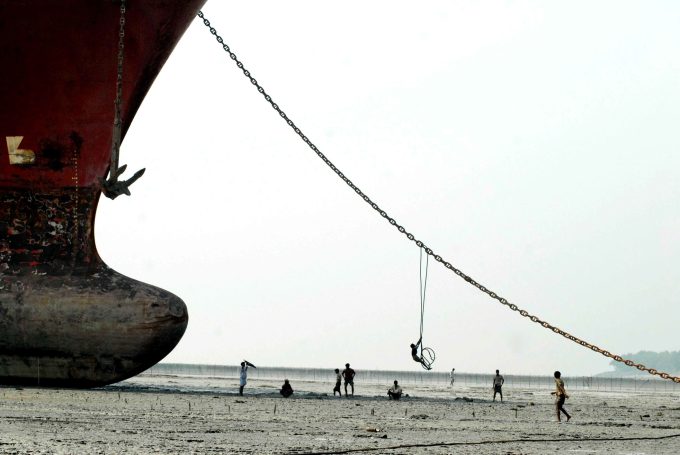Russia said to be sending incendiary devices in European parcels
European logistics companies have been warned that “unconventional incendiary devices” are being sent via freight ...

Somehow, you’d never think that Germany would top any list for bad environmental practices. And yet, in ship scrapping, it does. German shipowners have the “worst ship-breaking practices among all shipping nations” according to the NGO, Shipbreaking Platform. 98 of the country’s 100 ships which ...
Keep our news independent, by supporting The Loadstar
Four crew members still missing as Wan Hai 503 continues to burn
Explosions and 'out-of-control' fire reported on Wan Hai box ship
Carrier price hikes hold, driving spot rates higher as space gets scarcer
Crew forced to abandon ship in latest fire on vessel carrying EVs
The Loadstar Podcast | Transport Logistic and Air Cargo Europe 2025
Transpacific rates ease as capacity boost proves too much for trades to digest
Turkish Airlines falls foul of air safety regulations, claims India's aviation authority

Comment on this article